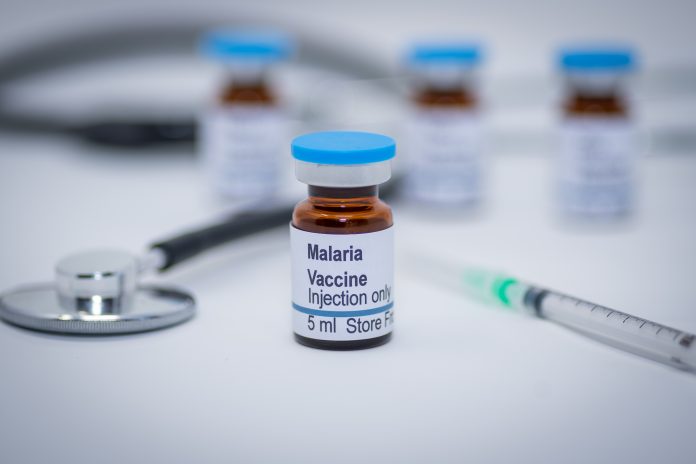Researchers from the University of Oxford and their partners have reported that the malaria vaccine, R21/Matrix-M, has demonstrated efficacy of 77%
The research team have reported its findings from a Phase IIb trial of a malaria vaccine (R21/Matrix-M) which demonstrates high-level efficacy of 77%. It is the first to meet the World Health Organization’s Malaria Vaccine Technology Roadmap goal of a vaccine with at least 75% efficacy.
Study participants
450 participants, aged 5-17 months, were recruited from the catchment area of Nanoro and were split into three groups.
The first two groups received the R21/Matrix-M (with either a low dose or high dose) and the third received a rabies vaccine as the control group.
Doses were administered from early May 2019 to early August 2019.
Study results
The researchers reported a vaccine efficacy of 77% in the higher-dose adjuvant group, and 71% in the lower dose adjuvant group, over 12 months of follow-up, with no serious adverse events.
Following these results, the trial was extended with a booster vaccination administered prior to the next malaria season one year later.
Phase III licensure trial
The researchers, in collaboration with Serum Institute of India Private Ltd., and Novavax Inc., have now started recruitment for a Phase III licensure trial to assess large-scale safety and efficacy in 4,800 children, aged 5-36 months, across four African countries.
Halidou Tinto, Professor in Parasitology, Regional Director of IRSS in Nanoro, and the trial Principal Investigator said: “These are very exciting results showing unprecedented efficacy levels from a vaccine that has been well-tolerated in our trial programme. We look forward to the upcoming phase III trial to demonstrate large-scale safety and efficacy data for a vaccine that is greatly needed in this region.”
Adrian Hill, Director of the Jenner Institute and Lakshmi Mittal and Family Professor of Vaccinology at the University of Oxford, and co-author of the paper, said: “These new results support our high expectations for the potential of this vaccine, which we believe is the first to reach the WHO’s goal of a vaccine for malaria with at least 75% efficacy.
“With the commitment by our commercial partner, the Serum Institute of India, to manufacture at least 200 million doses annually in the coming years, the vaccine has the potential to have major public health impact if licensure is achieved.”
Malaria deaths
Gareth Jenkins, Director of Advocacy, Malaria No More UK, said:
“An effective and safe malaria vaccine would be a hugely significant extra weapon in the armoury needed to defeat malaria, which still kills over 270,000 children every year. For decades, British scientists have been at the forefront of developing new ways to detect, diagnose, test and treat malaria, and we must continue to back them.
“A world without malaria is a world safer both for the children who would otherwise be killed by this disease, and for us here at home. Countries freed from the malaria burden will be much better equipped to fight off new disease threats when they inevitably emerge in the future.”
The trial funded by the EDCTP2 programme supported by the European Union (grant number RIA2016V-1649-MMVC) was conducted at the Clinical Research Unit of Nanoro (CRUN) / Institut de Recherche en Sciences de la Santé (IRSS), Burkina Faso.
The findings have been published in The Lancet.











